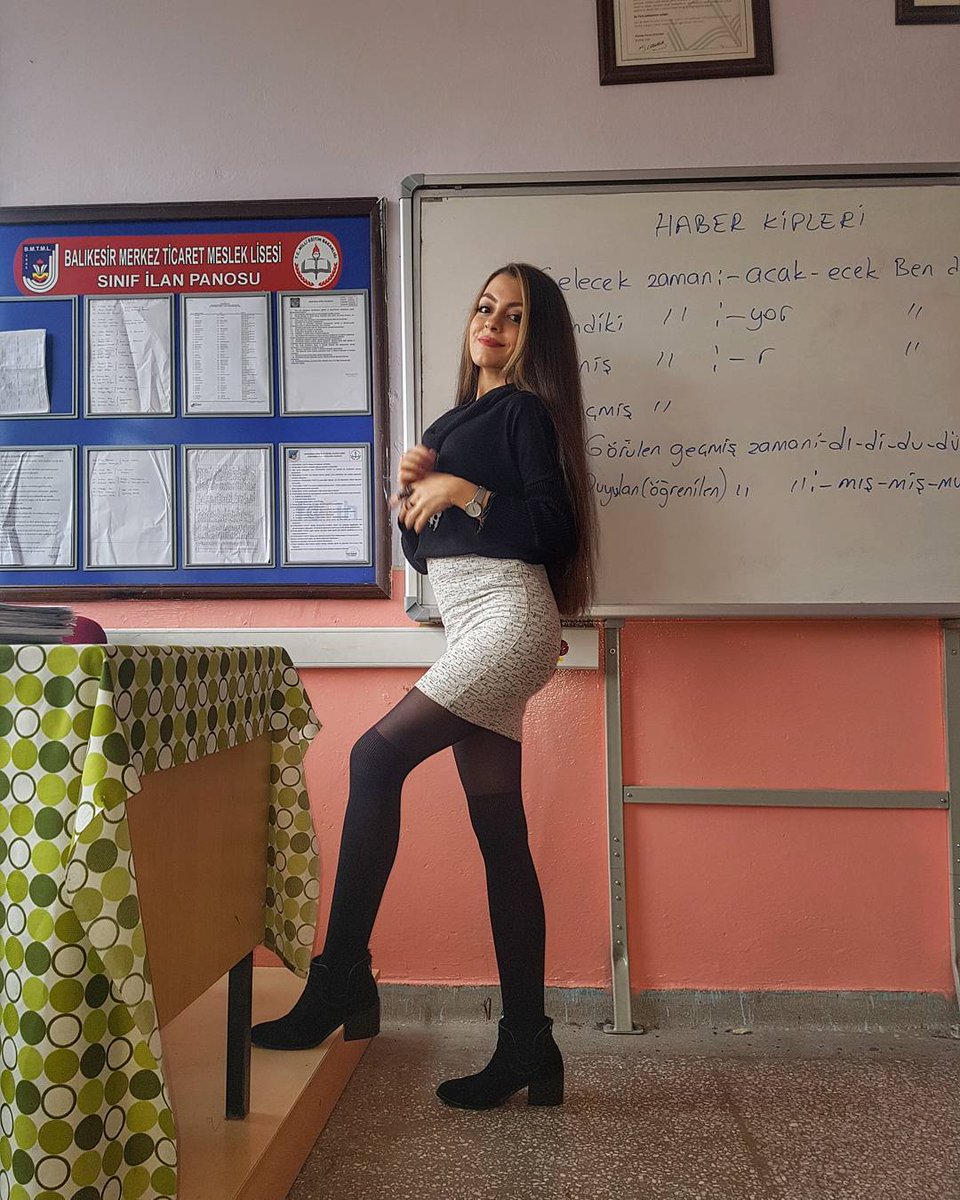Liseli Ifşa has emerged as a significant issue in the digital age, reflecting the challenges of privacy and consent, particularly among young individuals. In this article, we will explore the various facets of Liseli Ifşa, including its implications, legal perspectives, and how society can address these violations effectively. The phenomenon of Liseli Ifşa is not merely a trending topic but a pressing concern that needs urgent attention.
In the subsequent sections, we will delve deeper into the definition of Liseli Ifşa, its causes, potential consequences, and preventive measures. By the end of this article, readers will have a comprehensive understanding of Liseli Ifşa and be better equipped to navigate this complex issue.
Table of Contents
- Definition of Liseli Ifşa
- Causes of Liseli Ifşa
- Consequences of Liseli Ifşa
- Legal Aspects of Liseli Ifşa
- Preventive Measures Against Liseli Ifşa
- The Role of Social Media in Liseli Ifşa
- Support Systems for Victims
- Conclusion
Definition of Liseli Ifşa
Liseli Ifşa refers to the unauthorized sharing of private images or videos of high school girls, often without their consent. This phenomenon has become increasingly prevalent with the rise of social media, where the boundaries of privacy are frequently crossed. The term “Ifşa” in Turkish translates to “leak,” highlighting the violation of privacy that occurs when such images are disseminated without permission.
Understanding the Context
To fully grasp the implications of Liseli Ifşa, it is essential to understand the context in which these violations occur. Young individuals, especially teenagers, are often less aware of the potential risks associated with sharing personal content online. The allure of social media can lead to impulsive decisions, resulting in intimate images being circulated widely and, in many cases, maliciously.
Causes of Liseli Ifşa
Several factors contribute to the occurrence of Liseli Ifşa, including:
- Lack of Awareness: Many young users are unaware of the potential consequences of sharing sensitive content.
- Peer Pressure: The desire to fit in or gain popularity can lead individuals to share personal images.
- Technological Accessibility: The widespread availability of smartphones and social media apps makes it easier to share and disseminate content.
- Malicious Intent: Some individuals may intentionally leak images to harm or embarrass others.
Consequences of Liseli Ifşa
The repercussions of Liseli Ifşa can be severe and long-lasting. Victims often experience:
- Emotional Distress: Victims may suffer from anxiety, depression, and feelings of shame.
- Social Isolation: The stigma attached to leaked images can lead to social withdrawal.
- Impact on Education: Academic performance may decline as a result of emotional turmoil.
- Legal Consequences: Depending on the jurisdiction, those involved in sharing such images may face legal repercussions.
Legal Aspects of Liseli Ifşa
The legal landscape surrounding Liseli Ifşa is complex and varies by country. In many regions, laws are being updated to address digital privacy violations more effectively. Key legal considerations include:
- Consent: Sharing images without consent is often classified as a violation of privacy laws.
- Cyberbullying Laws: Some jurisdictions have specific laws against cyberbullying that encompass the sharing of non-consensual images.
- Age of Consent: Legal definitions of consent may vary, particularly concerning minors.
Preventive Measures Against Liseli Ifşa
Preventing Liseli Ifşa requires a multi-faceted approach. Some effective preventive measures include:
- Education: Raising awareness about digital privacy and the consequences of sharing personal content.
- Empowerment: Encouraging young individuals to be confident in their choices regarding what to share online.
- Parental Guidance: Involving parents in discussions about online safety and privacy.
- Robust Reporting Mechanisms: Social media platforms should implement effective reporting tools for victims.
The Role of Social Media in Liseli Ifşa
Social media plays a significant role in the proliferation of Liseli Ifşa. Platforms like Instagram, Snapchat, and TikTok allow users to share content instantaneously, but they also lack adequate controls to prevent unauthorized sharing. Some key points to consider include:
- Platform Responsibility: Social media companies must take accountability for preventing the spread of non-consensual content.
- User Education: Social media platforms should provide resources to educate users about privacy settings and safe sharing practices.
- Collaboration with Authorities: Working with law enforcement to address cases of digital privacy violations effectively.
Support Systems for Victims
It is crucial to establish support systems for victims of Liseli Ifşa. Potential support mechanisms include:
- Counseling Services: Providing access to mental health resources for affected individuals.
- Legal Assistance: Offering legal support for victims seeking justice.
- Peer Support Groups: Creating safe spaces for victims to share their experiences and seek support.
Conclusion
Liseli Ifşa represents a significant breach of trust and privacy, particularly among young individuals. As we have explored, the impact of such violations can be devastating, affecting mental health, education, and social interactions. It is imperative for society to take collective action to address these issues through education, legal reform, and support systems for victims.
We encourage readers to engage in discussions about digital privacy and take proactive steps in their online interactions. If you found this article informative, please leave a comment, share it with others, or explore more articles on our site to enhance your understanding of this critical issue.
Thank you for reading, and we hope to see you back on our site for more insightful content!



